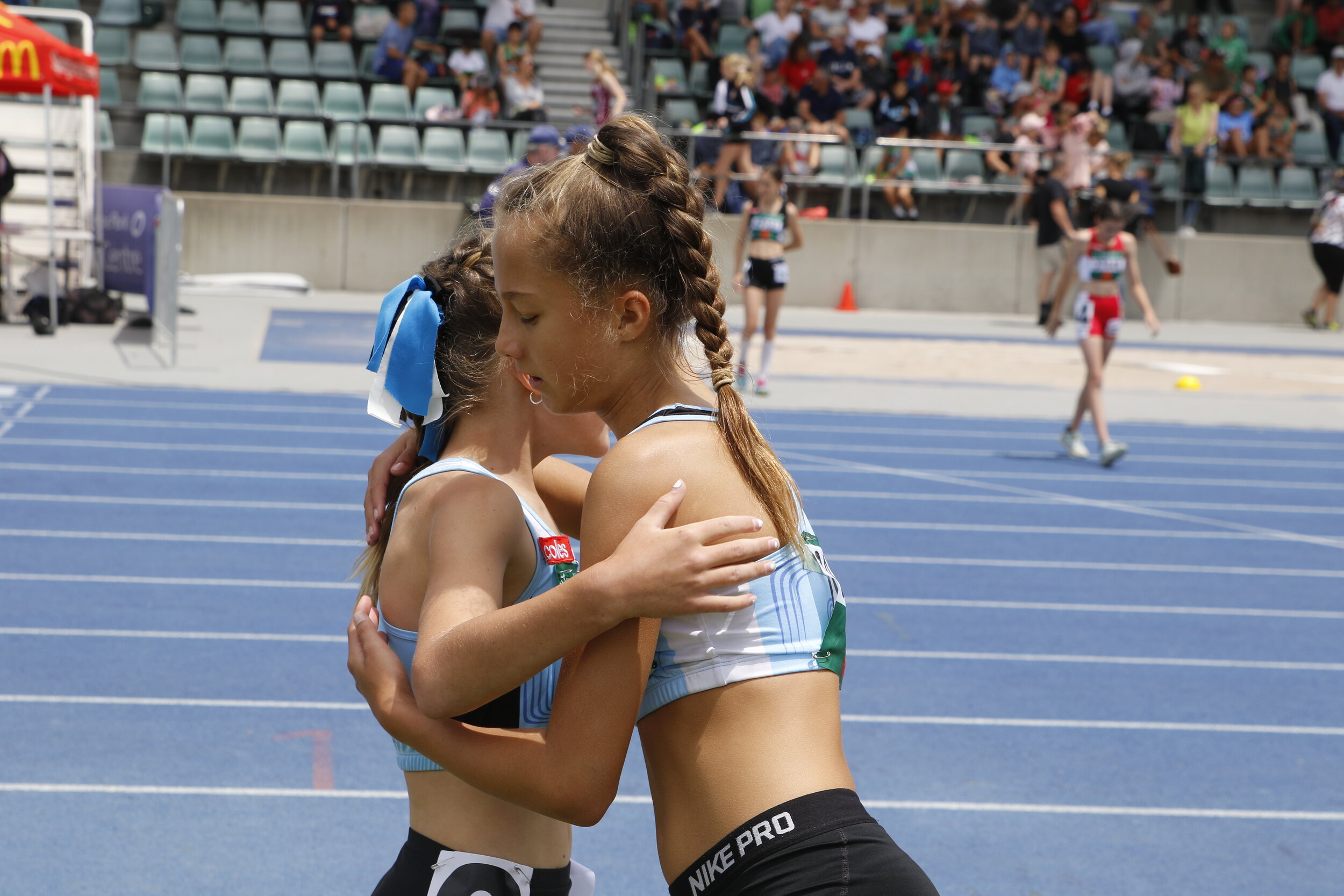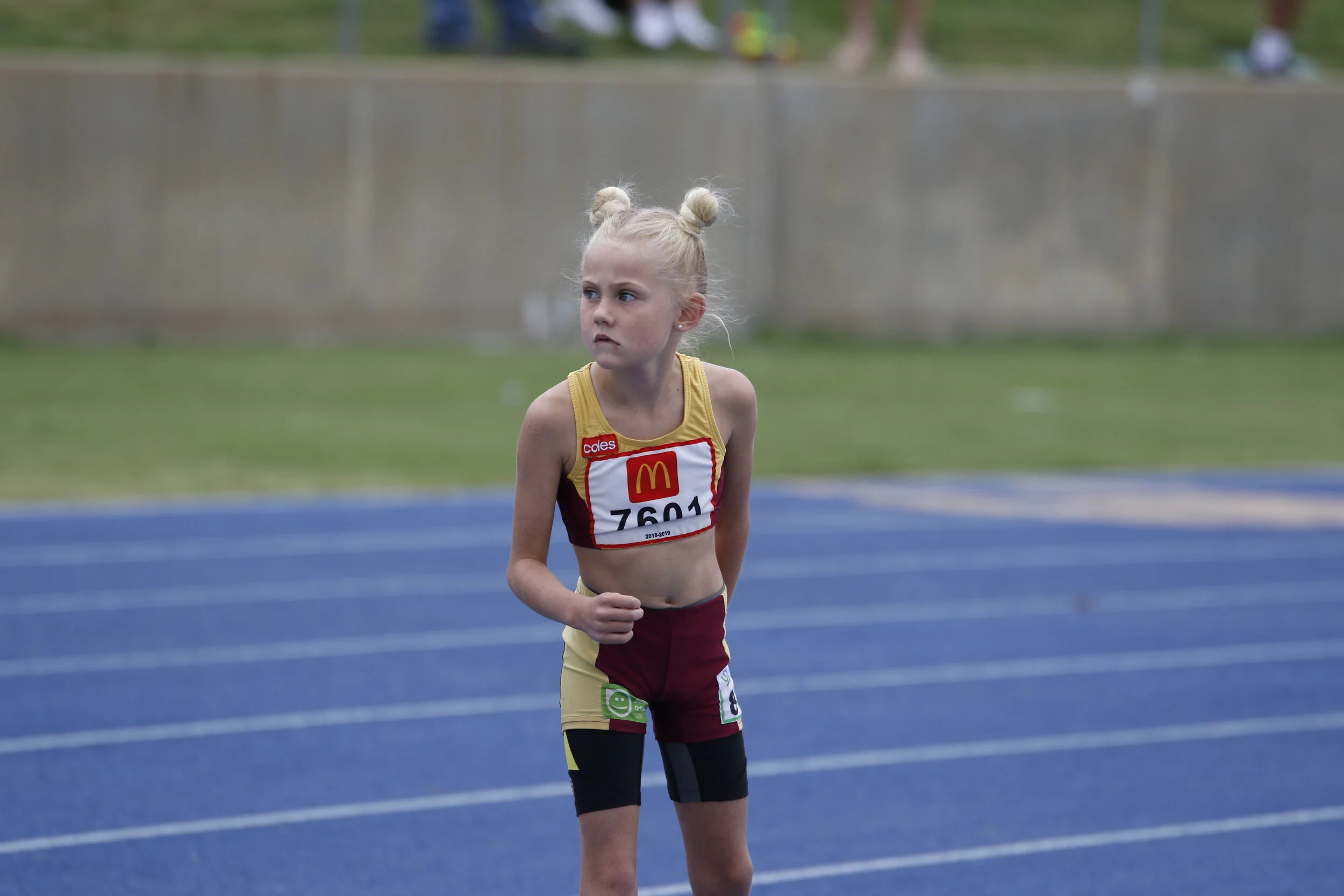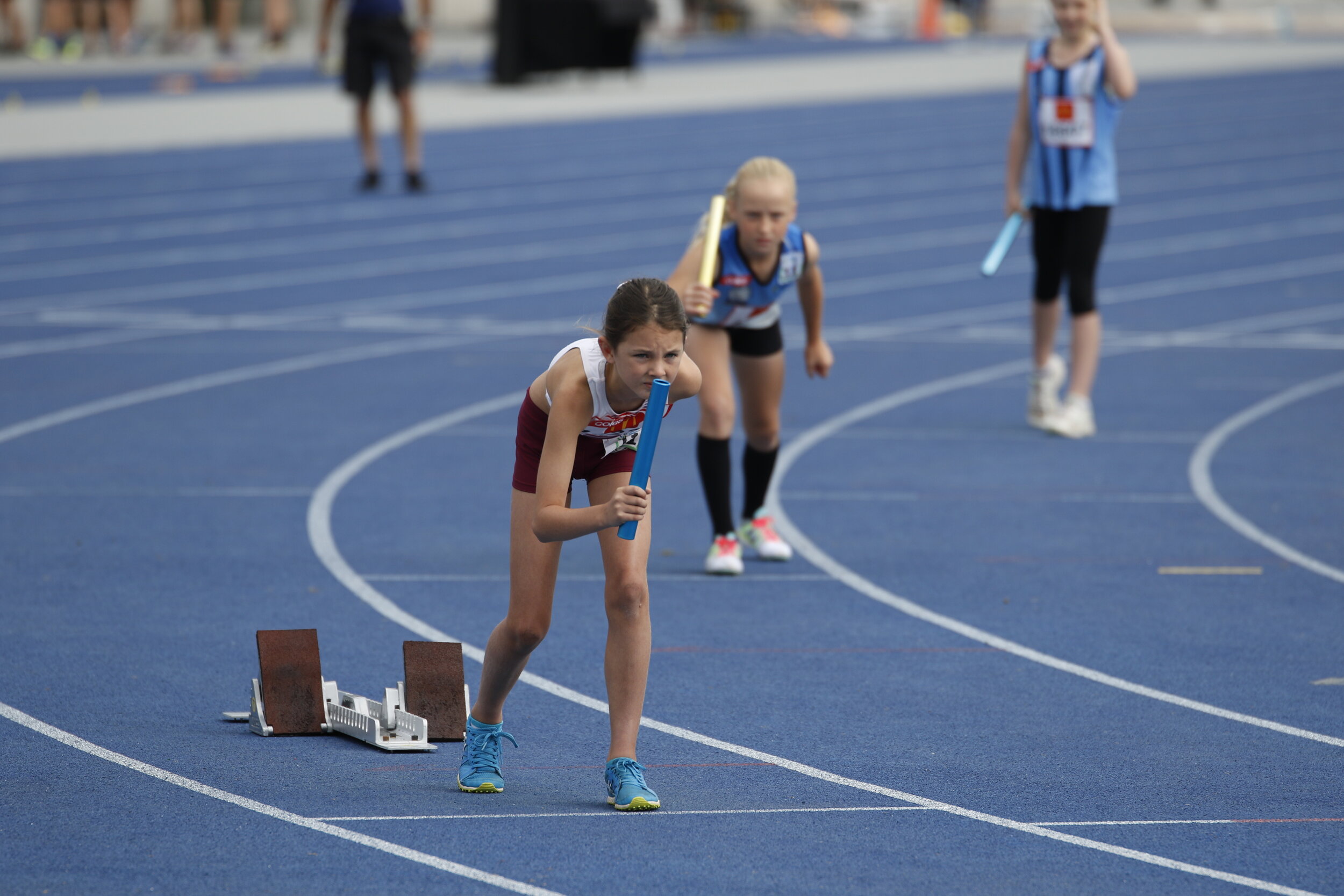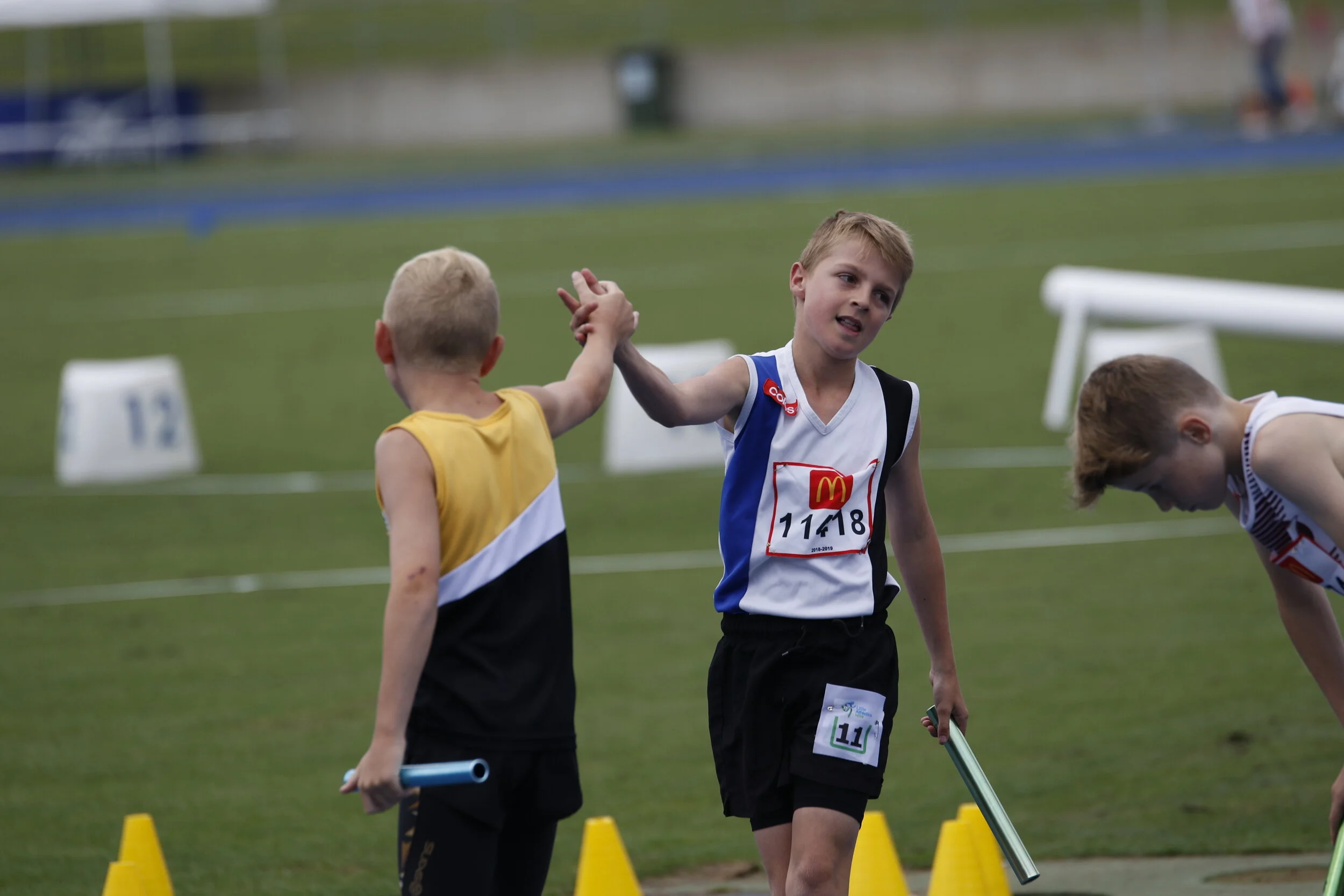
Centre Committees
Committees are an integral part of all Little Athletics Centres no matter how big or how small. They play a vital role to ensure the long-term success of a Centre. By promoting positive sporting environments and ensuring that conduct and behaviour of members and non members alike are respectful and appropriate.
Committee Members.
Are the champion decision makers who dedicate their time governing their local Little Athletics centre and ensuring that the best opportunities and experiences are had by everyone involved in athletics.
Find descriptions of committee member roles as well as a range of resources for Little Athletics Committees.
Centre Committee Roles & Responsibilities
Committee Member Desirable Skills & Attributes
Each Committee Member shall be:
Committed and have an understanding in meeting the overall goals of the Centre.
A positive role model for the Centre.
Have a sound working knowledge of Little Athletics NSW, the Centre, and its operations, including the constitution, policies, procedures, rules, and regulations.
Ability to think forward, strategically, critically, analytically, and creatively.
Leadership skills – Ethical and moral behaviour
Understanding stakeholders and their needs
Work well in a team environment
Effective communication skills
Dedicated, organised, focused, approachable and accountable.
Honest, transparent, and trustworthy.
Ability to maintain confidentiality.
Committee Member Responsibilities
Committee Members are responsible to manage the centre on behalf of the members which may include:
· Planning future directions
· Developing policies and procedures
· Communicating with members and responding to feedback
· Developing and managing external relationships
· Obtaining resources and ensuring that all financial and legal matters are properly managed.
· Making decisions that are in the best interest of the Centre and not for individual gain.
Centre Committee Role Descriptions
For the Centre committee to operate most effectively, committee members should understand their role and the responsibilities that come with the position. Select from the options below to see committee role descriptions.
Record Keeping
Records are kept for the efficiency and transparency between committee and its members. They are also essential for the efficiency with transitions and successions.
It is therefore important that your centre establishes a record keeping procedure, so that the appropriate records are created, managed properly, and disposed of correctly.
For guidance to establish procedures for creating and keeping records, visit NSW Government State Archives & Records Resources. By clicking on the button.







